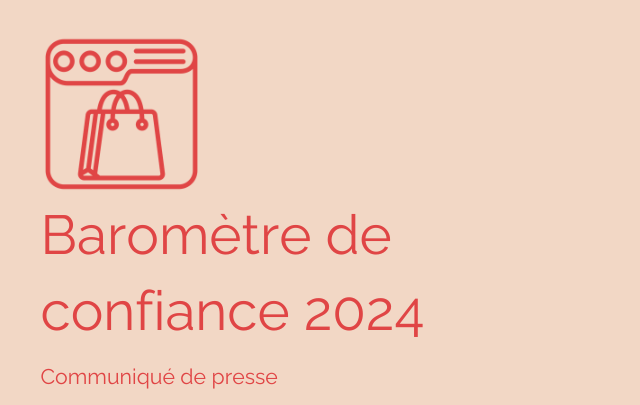
What remains of your privacy in the era of artificial intelligence?

Artificial intelligence has its fair share of advantages for consumers. But this technology does not come without risk. And Canadian law is seriously lacking in this matter . . .
You might be using it and not even know it. Some applications you use every day offer a more personalized service, and others even give you tips (robo-advisors, for example). Artificial intelligence (AI) can tell you the best time to buy a plane ticket. It compares different mobile plans for you in just a few seconds, helping find the best quality/price ratio. Apple, for its part, uses AI to improve the quality of pictures taken on its devices. But beware: behind all these benefits, there are privacy risks.
“When it comes to artificial intelligence, many picture a scene from a futuristic film, like The Matrix, In reality, it is integrated into various areas,” explains Alexandre Plourde, lawyer and analyst for Option consommateurs. The organization reveals major issues associated with this technology in its latest report, entitled Intelligence artificielle et protection de la vie privée : la perspective des consommateurs(in French only).
5 main issues for consumers
1. Invasion of privacy
To fuel their algorithms, businesses collect a massive amount of data via their own platforms, third-party websites, mobile apps, and connected objects. It’s an open door to your personal information. And this personal data collection increases the risks of security breaches: databases are not immune to malicious intentions.
2. Invasive persuasion
AI can give businesses an exaggerated economical edge over consumers. Businesses can now identify a consumer’s specific biases and weaknesses. They can use this knowledge in real time to set up highly targeted marketing strategies for a highly receptive audience.
3. Customized prices online
There is also economical prejudice in that businesses can implement dynamic pricing. With AI technology, they can make a given price fluctuate at any time based on the consumer’s profile or on supply and demand. Vigilance is key, especially in this merry shopping period..
4. Free competition barrier
Could AI have an impact on the free market and lead to collusion between businesses in fixing prices? In their online shops, retailers can instantaneously adjust their advertised prices. “AI could be used to continually keep track of competitors’ advertised prices, thus depriving consumers of their power to shop for the best prices. It’s a concern,” says Plourde.
5. Discrimination
The algorithms’ ability to make informed decisions is directly linked to the quality of the data used. AI is therefore not immune to biases and prejudices, which sometimes translates to exclusion or unequal access to goods and services for consumers, through less advantageous conditions.
An outdated Canadian law
With AI, the possibilities are seemingly endless. A recent study for the Global Partnership on Artificial Intelligence (GPAI) highlights the potential of artificial intelligence to fuel the action and climate strategy. However, even though consumers can let their environmental values guide their purchases, they are on their own when faced with the AI phenomena.
.“Consumers do not have significant individual power in the matter. In fact, they have only one option, and that is to refuse to use the service or social media in question.” – Alexandre Plourde, lawyer and analyst for Option consommateurs.
https://ocmagazine.org/wp-content/uploads/2019/08/photo-dans-article-alexandre-plourde.jpg
Legally speaking, AI raises multiple issues that impinge on Canadian law. Companies that collect and analyze personal data need to comply with the conditions of the Personal Information Protection and Electronic Documents Act, but this Act offers very limited recourse to consumers when it comes to AI.
“Businesses are already self-regulating and following ethical principles, but they are unfortunately not subject to any surveillance mechanism or restrictive measures,” notes Plourde. Option consommateurs is therefore sounding the alarm and issuingseveral recommendationsin its reports, including the need to continue research on the use of AI in a business context and its impact on the public.
For the time being, you shouldn’t count on your AI-powered personal assistants, such as Siri, Alexa, and Cortana to magically make sense of this legal mumbo jumbo!




